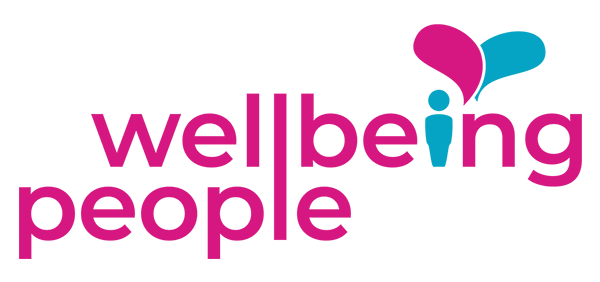Listening is one of the most important skills we possess. How well we listen to others has a major impact on the quality of our relationships and how effective we are at work.
We all have a basic emotional need to be heard and understood. Many of us might think to be a good and an active listener is to sit quietly, nodding occasionally with an interested expression whilst the other person talks! This is not the case unfortunately and doesn’t prove or indicate that a person is listening!
Unlike critical listening which evaluates, judges, and forms an opinion on what you hear, being an active listener seeks to understand rather than provide an immediate reply. The objective is for the other person to be heard, validated, and inspired to find a solution to their problems, or recognition of what they are bringing to the conversation.
Becoming an active listener enables you to communicate with respect, helps you to build trust, and be completely present with the other person. It empowers you to offer your support and empathy. Being an active listener also helps you be more productive with the ability to influence, persuade and negotiate. In addition, it helps to avoid conflict and misunderstandings.
BEING AN ACTIVE LISTENER HELPS US TO:
WHAT ARE THE MOST FUNDAMENTAL SKILLS TO BE AN ACTIVE LISTENER?
Listening to the other person’s words: Make a conscious effort to hear not only the words that another person is saying but, more importantly, the complete message. Observe how the other person views the world, how they perceive the situation and their values and beliefs.
Show that you are listening and provide feedback: Ensure that the person talking knows that you are fully engaged. You can do this by making eye contact and ensuring your posture is open and interested. You can ask questions (without interrupting) to clarify certain points, and reflect on what they are saying. Repeat back using some of their words as this will help you make a more thoughtful response and ensure understanding. For example: “what I’m hearing is…” or “sounds like you are saying”. Just a point to remember, always allow the other person to finish each point before speaking.
Observing the other person’s behaviour: The use of language or body language can indicate feelings, so it’s helpful to pay close attention. Having a sensitivity to, and awareness of, people’s non-verbal communications will give way to a good understanding of interpersonal interactions.
Being comfortable with silence and allowing space: Moments of silence are important, they don’t need to be filled! Silence enables the other person to think and reflect on what they are saying. Giving space and time allows the other person to say how they are really feeling.
Share experiences: Sharing your own experiences (or ones you have heard about) can help the person you are talking to open up and feel acknowledged. This is a good way to show empathy and understanding, as well as connecting on a more personal level.
Help Your Team Feel Their Best
Tackle key issues impacting employee performance such as low energy, burnout, stress and low mood with our easy to follow Habits for Health online programme.
WHAT PREVENTS US FROM BEING AN ACTIVE LISTENER
Many of us don’t practice good listening skills and will find old habits hard to break! It takes a lot of concentration and determination to be an active listener. The points below are what not to do:
become an active listener by using these techniques during your everyday conversations and establishing a good rapport.
Encouraging good listening helps us all to work and live together better, whether within the workplace or within your local community. It promotes innovative thinking, builds more effective communication and provides empathy and support.
Further reading and references
